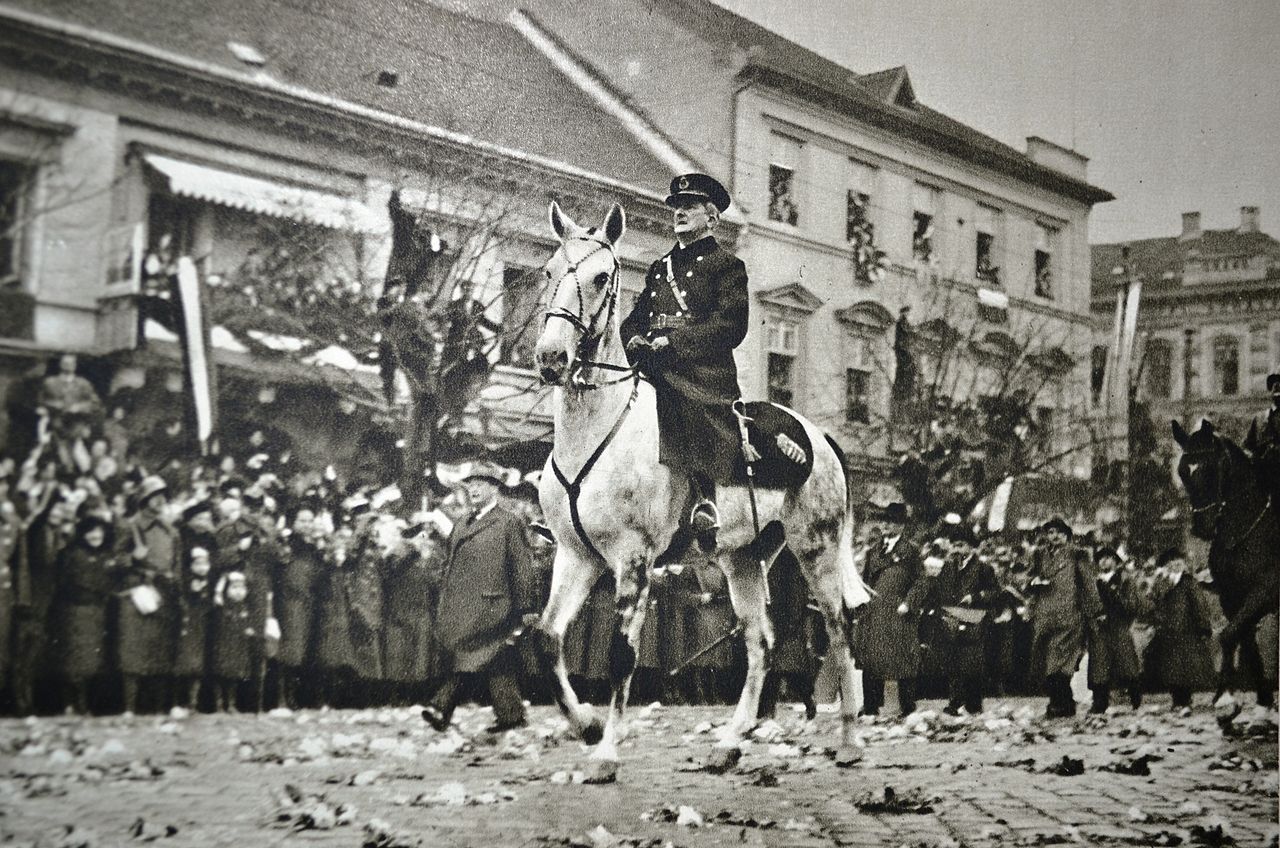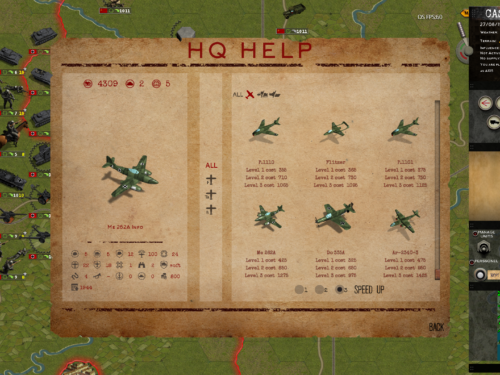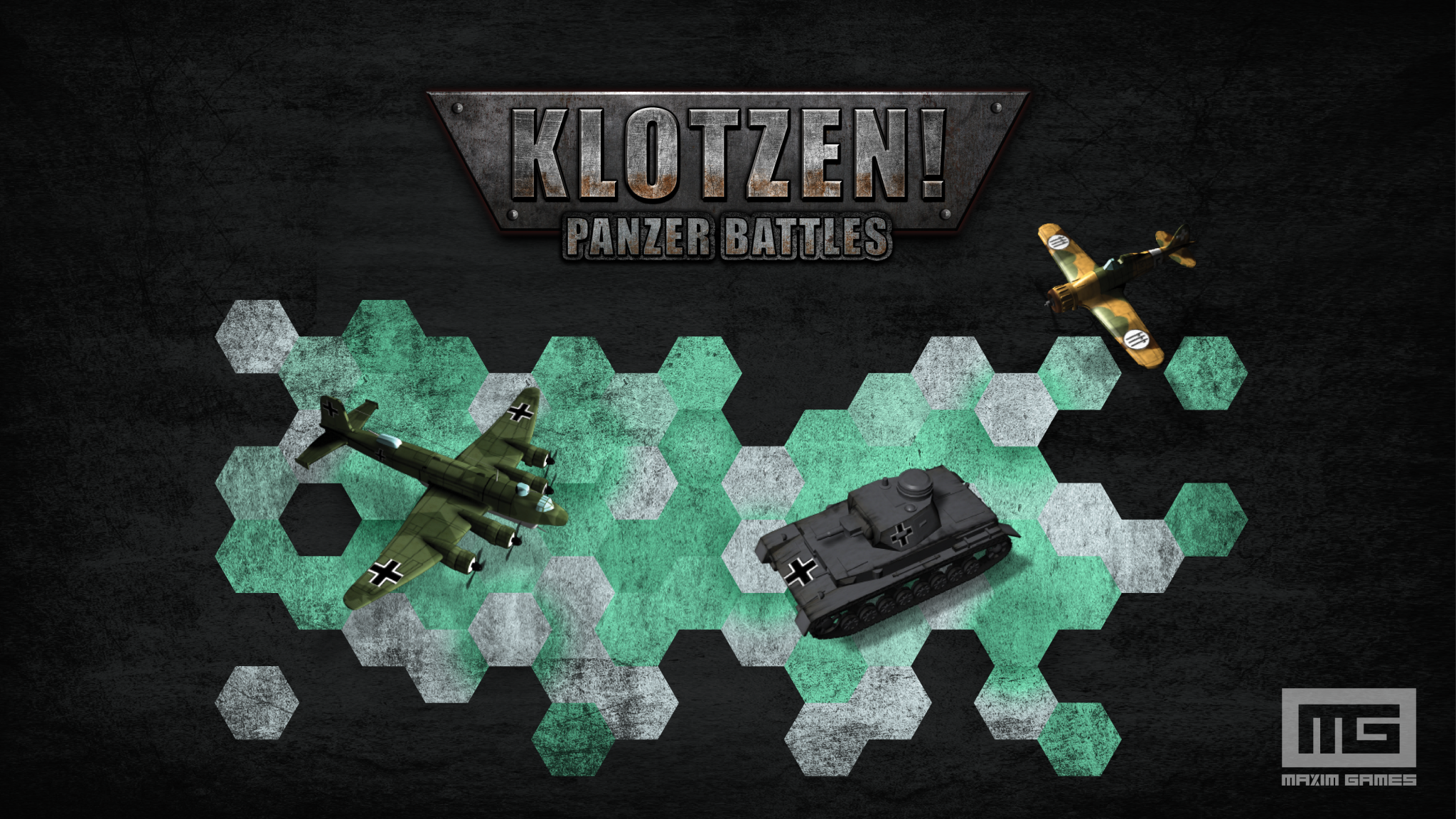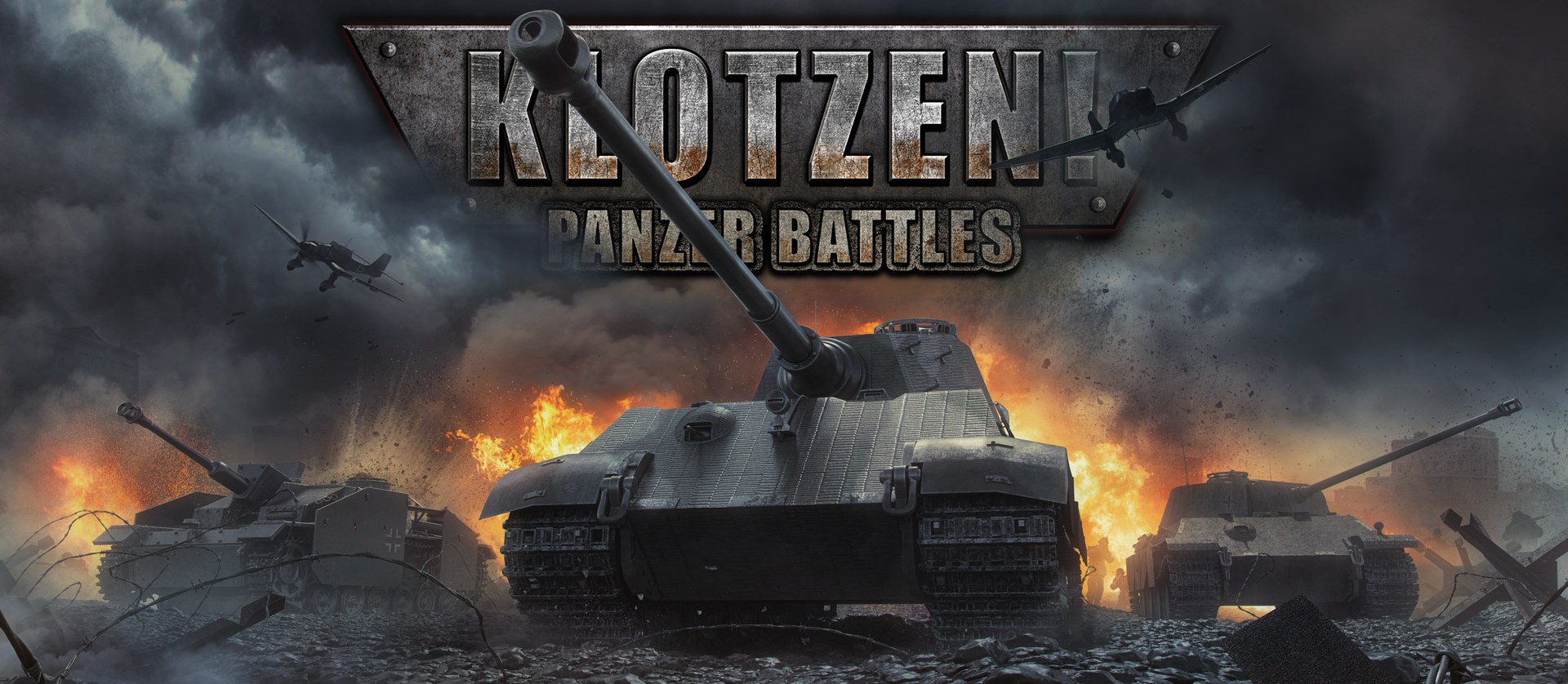Welcome to the next edition of our Blog. In the previous chapter, we talked about Edvard Benes and Czechoslovakia before the start of the WWII. Today we take a look at Miklos Horty and Hungary.
Miklos Horty and Hungary
Miklos Horthy was an old-fashioned conservative and officer prone to authoritarian governance. He became an Admiral when Hungary, as part of the Austro-Hungarian Empire, was at the height of its fame and power and he wanted to restore this as much as he could.
He was a fierce opponent of communism and the Trianon Agreement which pushed him into an alliance with Germany. Horthy had a reputation in Hungary and was appreciated. He shared the views of the majority of the citizens on issues concerning the Trianon contract and anti-communism thanks to which he was relatively respected. It can be said that, on the one hand, he was halfway between the democratic legitimacy that Churchill or Roosevelt had and on the other hand, the cult of personality that was nurtured by Hitler or Stalin. He died in exile after the war in the Portuguese town of Estoril in 1953.
Hungary as part of the Austro-Hungarian Empire welcomed the end of the First World War on the defeated side. The Austro-Hungarian Monarchy collapsed and each of the two countries was responsible for half of its former empire. A peace treaty in the Trianon neighborhood resolved the question of Hungary. Hungary lost two-thirds of its prewar territory and over two-thirds of the population. But what was even more evident, Hungary ceased to be a great power and was classified as one of the smaller countries in Europe, in both its size and influence. This was followed by outrage and anger, and soon a clear will to regain Hungary`s pre-war greatness and glory crystallized. In 1919, Bela Kun proclaimed the Hungarian Soviet Republic – which soon disappeared because of the military interventions of the Czechoslovakian and Romanian Armies.
The fear of the spread of communism, as well as the resentment towards the Trianon agreement, led to Admiral Miklos Horthy`s rise to power. He was elected Regent in 1920 which formally restored the monarchy in Hungary, but it retained its parliamentary system.
During the first decade of his rule, he sought to stabilize the economic and political situation that were chaotic after its split with Austria and the loss of territory. After Hitler came to power, Horthy started approaching Germany because he saw it as a guaranteed shield from communism which he was frantically afraid of. Hungary spent the inter-war period in the shadow of major European events, such as the appearance of Fascism, the Great Depression and the rearmament of Germany. However, the desire to return the lost territories tied Hungary to those forces that represented Hitler’s Germany.
After Germany`s dismemberment of Czechoslovakia, Hungary annexed almost a quarter of Slovakia`s territory. Hungary was an active participant in the invasion of Yugoslavia and with the help of Germany, they also took back some of the territories which the Treaty of Trianon declared to be Romanian. Hungary actively participated in the German invasion of the Soviet Union. After the Soviet Union took the initiative, Hungary quickly found itself on the front line of the battlefield. Recognizing that the German defeat is close, in 1944, Hungary tried to conclude a separate peace treaty with the Allies. Germany prevented that from happening by setting up a marionette government instead of Horthy. After the war, Hungary was occupied by the Soviet Union.
Industry and Army Development
Defeated in the First World War, Hungary received restrictions limiting its military force to only 35,000 soldiers and officers. Hungary also lost vast territories which had supplied many natural resources needed in the industrial centers. The loss of territory and resources strained their ability to meet heavy financial obligations owed to neighboring countries.
When Germany started to ignore peace agreements in the mid-thirties, other countries began to do so as well. Hungary used the opportunity to strengthen its military force and to retake territories lost after World War I. Hungary had sufficient military to actively and effectively participate in the invasion of the Soviet Union. Because of their limited resources and industrial capacity, they depended heavily on imports from Germany throughout.
This is it for our Blog today. Tell us what you think about the topic and if you have any suggestions or want to discuss them, you are more than welcomed to do so in the comments section below, on our forum, and on Steam Community Hub. Until next time!




Recent Comments